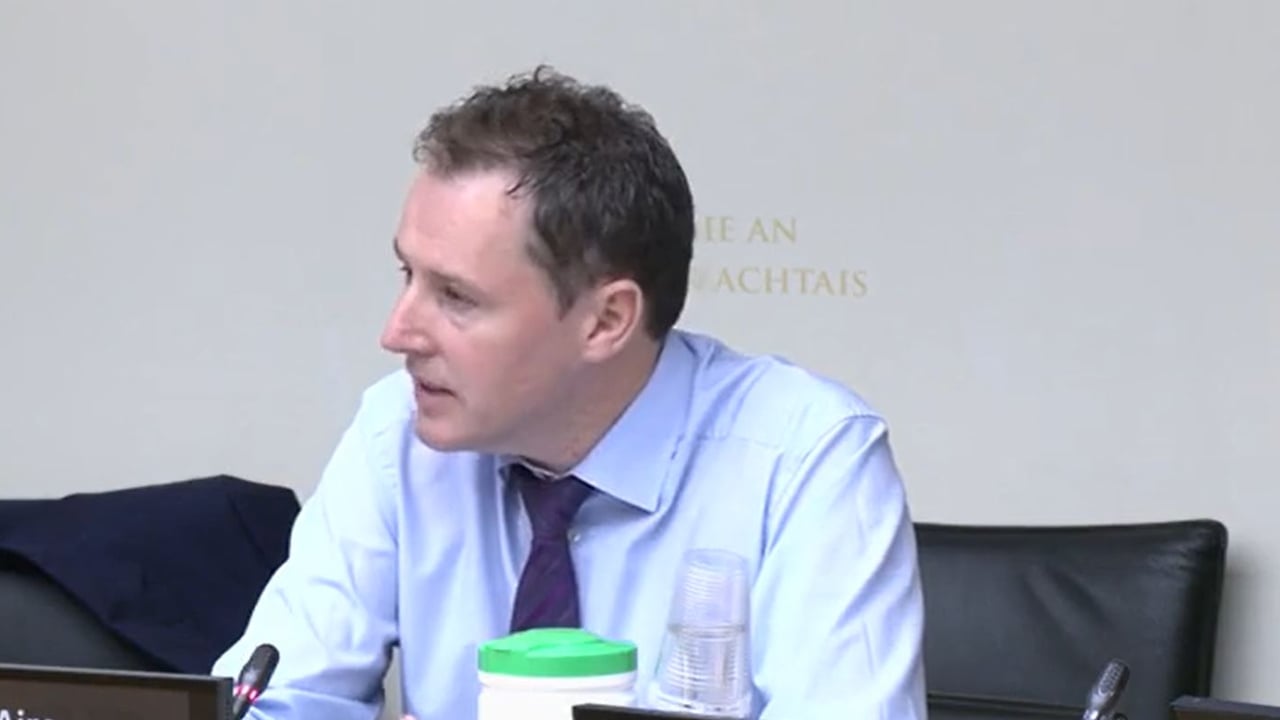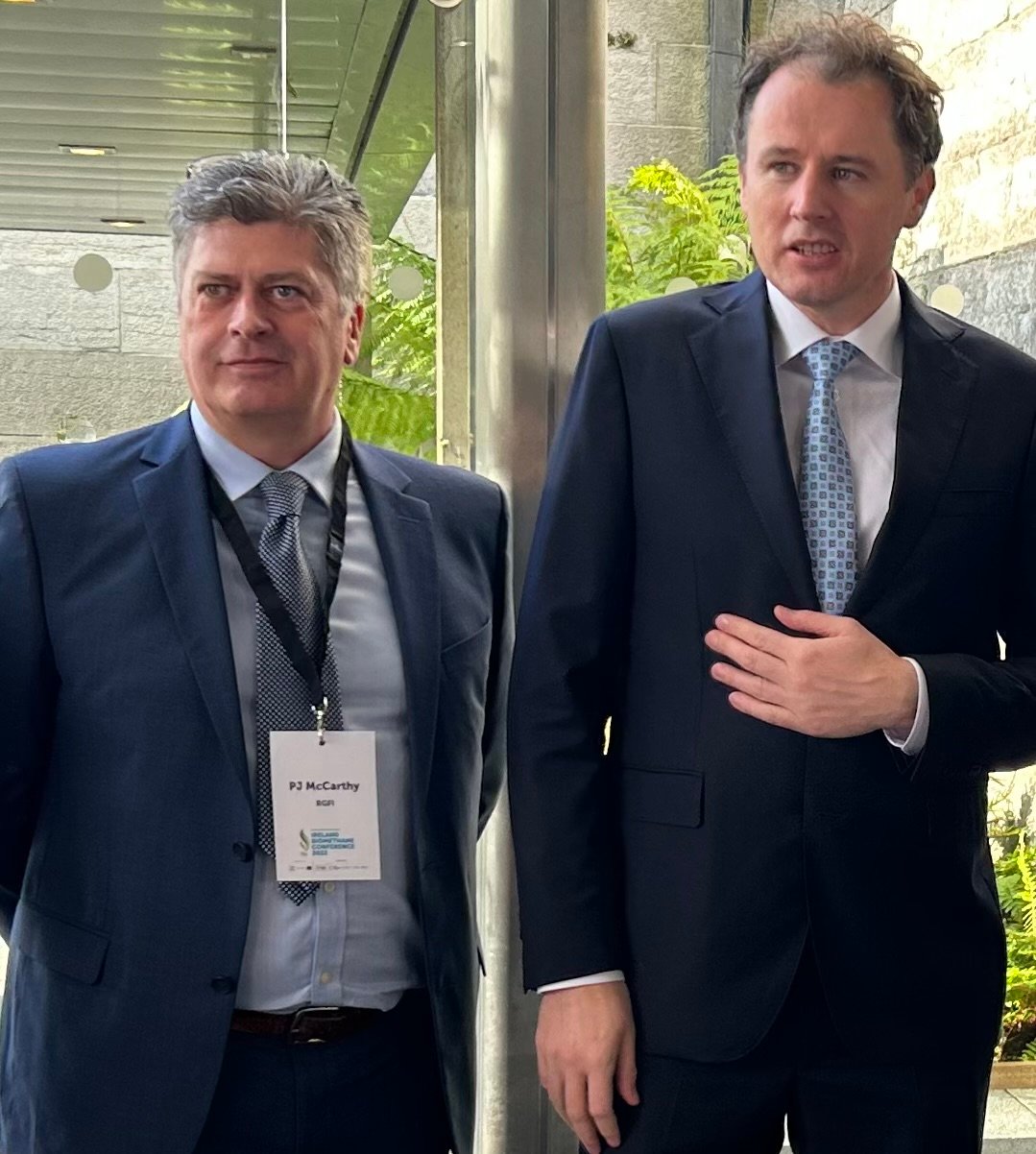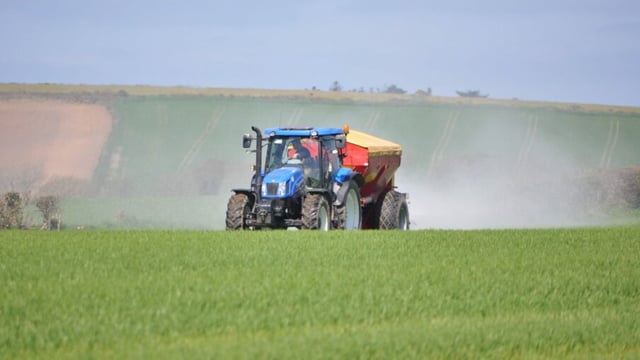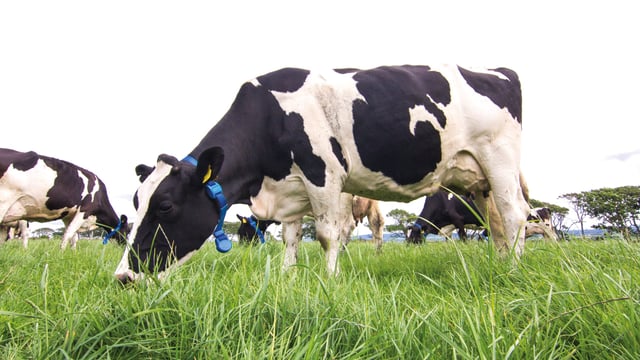Minister 'cognisant' of need for capital support for AD developments
The Minister for Agriculture, Food and the Marine has told the Renewable Gas Forum Ireland (RGFI) national conference today (Wednesday, November 9) that he is "cognisant" of the need for capital support to develop an anaerobic digestion (AD) industry of scale in Ireland.
Minister Charlie McConalogue told delegates at the conference that he wants Ireland to have an "anaerobic digestion industry which is agriculture focused and farmer centric".
He outlined at the conference that he believes AD provides a significant opportunity for farmers "in terms of diversification of income but also a viable land use alternative".
The minister said:
But he said ahead of providing capital support for AD, there was a need across government to define a "strategic policy direction".
The minister said that the Department of Environment, Climate Action and Communications, the Department of Agriculture, Food and the Marine (DAFM) will work together to develop a national biomethane strategy within the heat and built environment delivery task force.
The current absence of a national biomethane strategy was keenly debated at the RGFI national conference today.
Conor Mulvihill, director of Dairy Industry Ireland (DII), who was one of 30 speakers who took part in the conference, said a clear biomethane strategy was needed to convince dairy farmers that AD "makes sense".
PJ McCarthy, chief executive of RGFI, also stressed that it was "time to get moving at a pace" to mobilise the biomethane industry.
According to the RGFI there is no lack of ambition in Ireland when it comes to the biomethane. It believes that the renewable gas could stimulate a wider bioeconomy and play a key role in Ireland's decarbonisation plans.
RGFI highlighted during the conference that it could also support farmers, reduce fossil fuels and improve energy security on the island.
The Climate Action and Low Carbon (amendment) Act, which was passed last year, contains a legally binding target of 51% reduction in greenhouse gas (GHG) emissions by 2030 in Ireland.
A 25% reduction in GHG emissions by 2030 was agreed specifically for the agriculture sector.
Minister McConalogue today acknowledged that this was "an extremely ambitious and also challenging target for the sector".
McConalogue said that a key element of the sectoral emissions ceilings for agriculture is the role of renewable technologies at farm level and AD.
He added:
The minister also referenced the working groups under Food Vision 2030 and the recommendations the dairy group set out in its report to reduce dairy sector emissions.
One of these was to look at biomethane as "an energy diversification perspective".
He said that he is often asked by farmers how they can "contribute" to Ireland's national climate change targets.
McConalogue said there were three key ways farmers can do this, firstly by reducing emissions, secondly by continuing to sequester carbon, and thirdly by making a contribution to sustainable energy.
He told delegates that he believes this is "going to be a decade of change for Irish agriculture". The biomethane industry in Ireland, will be one that he believes, will play a key role in Ireland's "economic, environmental, and social ambitions".






